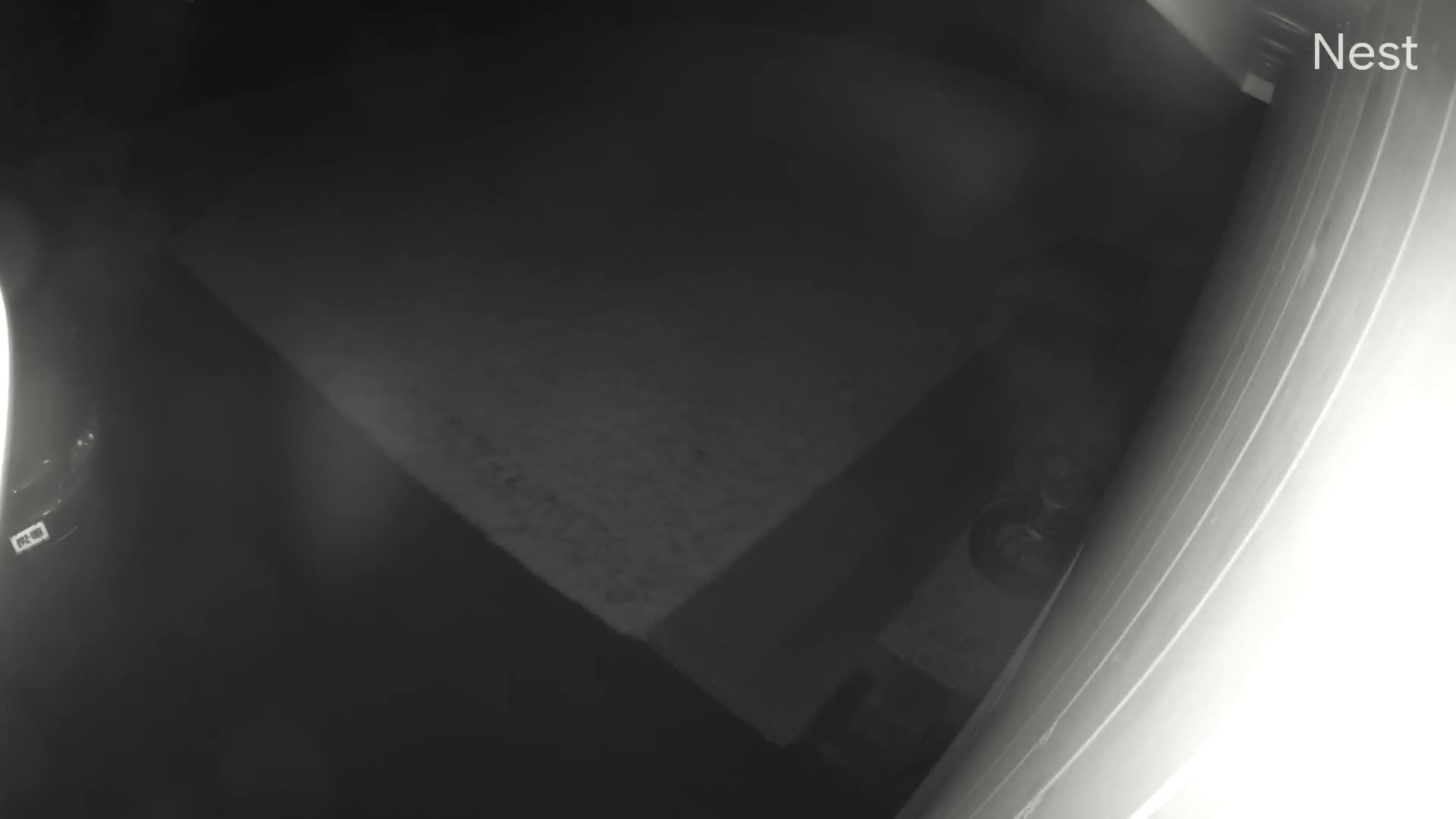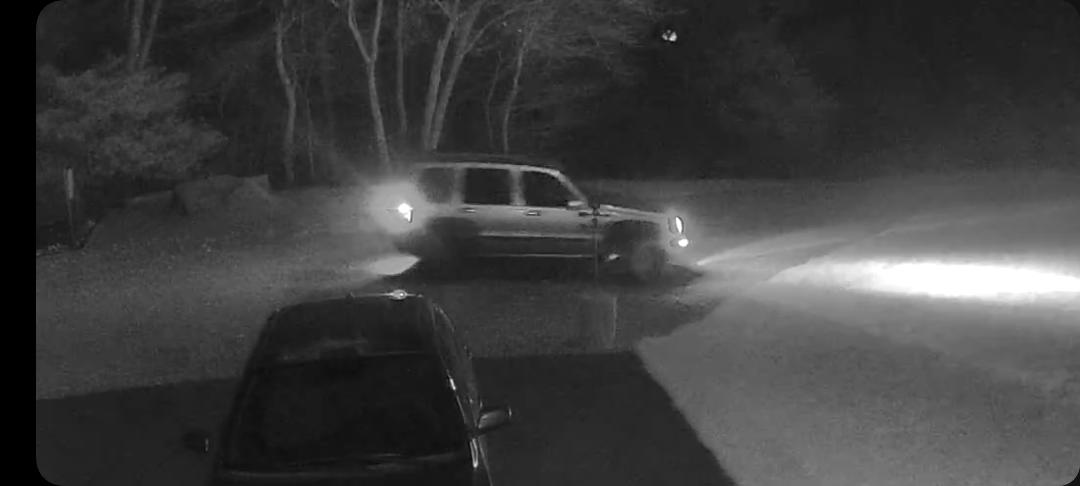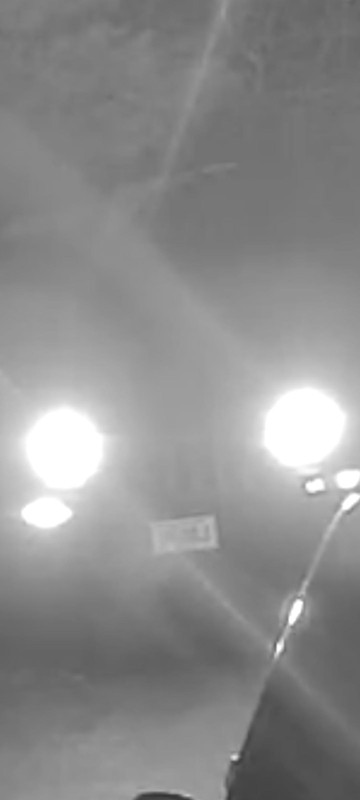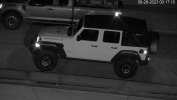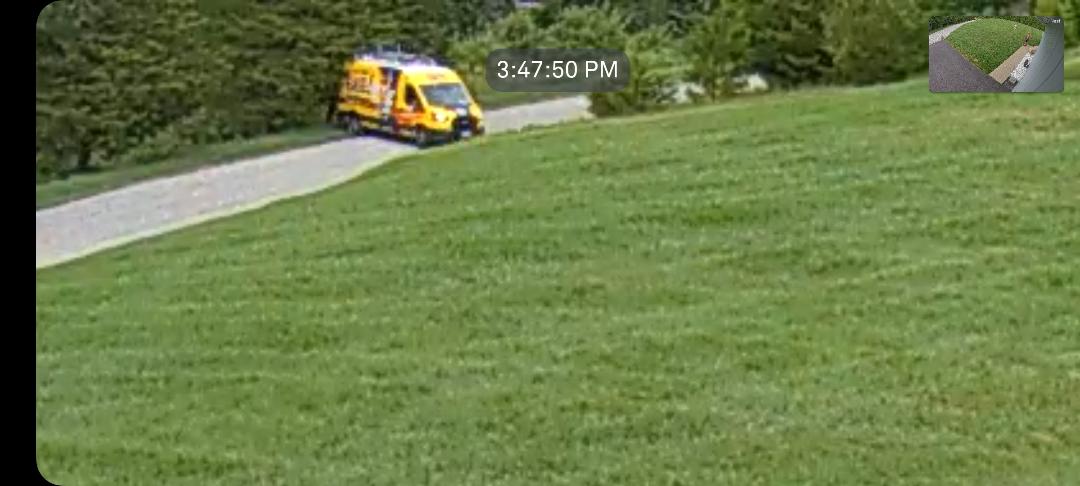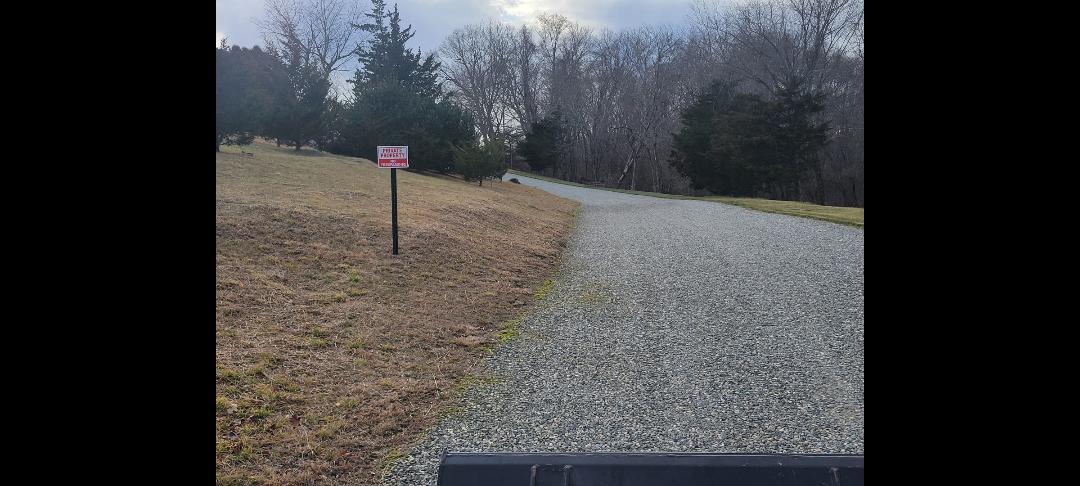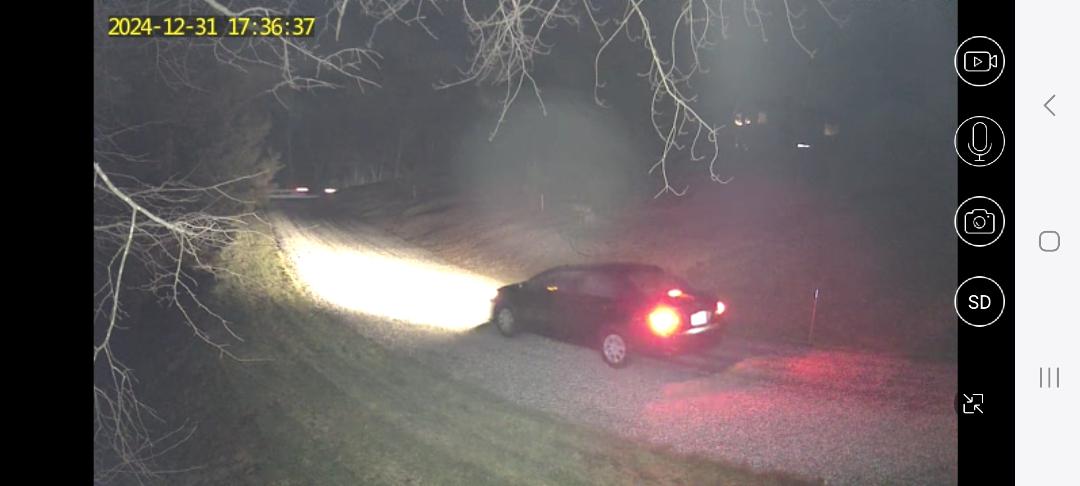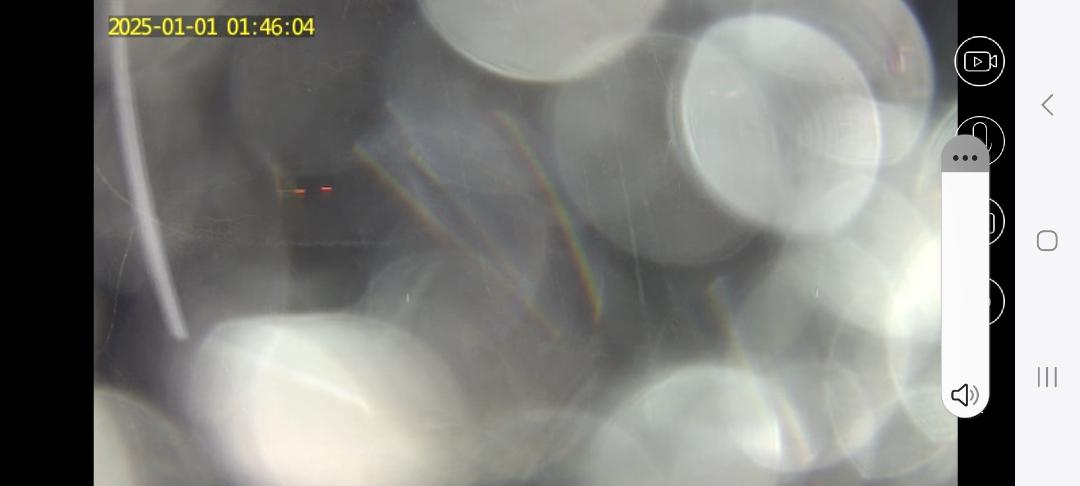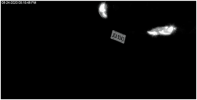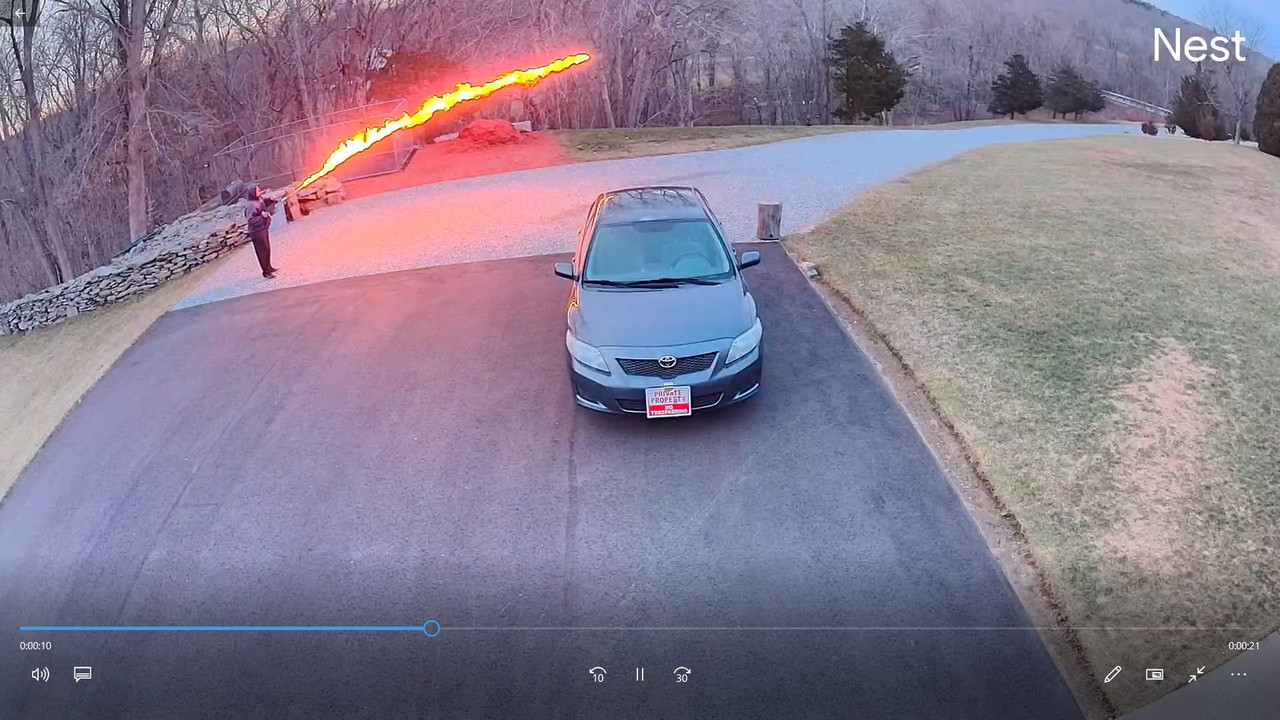The mentality a lot of people have is they want to see everything, but when it comes time to use their capture as evidence, they lack the detail. It also doesn't help that most Box and Cloud systems will come with 2.8mm cameras and only exacerbate the problem.
One camera cannot do it all. Several incorrectly spec'd cameras isn't the solution either.
You cannot see everything and still see details. Getting good details does not allow you to see everything; it is a give and take.
This is why a good system will have cameras that complement each other, and work well in low light. This is also why a PTZ is a complement to a good, already established system and should not be heavily relied on by itself.
When planning your system and layout start by focusing on choke points and set up fields of view to capture details and give the ability to ID. This means all this camera will be able to do/see is the very narrow scope of its job. You can then deploy a more general overview cam to give context to the details. This overview cam can support one or more of your choke point ID cams.
For instance, as an extreme example. I am deploying this camera. It's
only job is to see people walking down the path behind my house. This is what I see 99% of the time when I look at the feed.
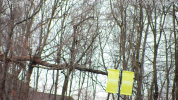
However, this is what I see when someone walks down the path, 95' feet away.
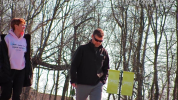
I then have these two cameras I can use to get a better idea/context of what they were doing and where they may have come from or gone to. The kill zone is between the green lines and the camera is on the fence at the bottom, center of the picture. You can see someone just entering the KZ and the 3.6mm focal length of this cam gives absolutely no details other than it might be a person.
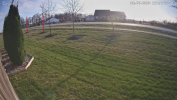
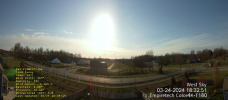
This is the person in the above wide angle shot, and there is no way you would have been able to tell it was a male, in a red, flannel shirt, with sunglasses, and a receding hairline.
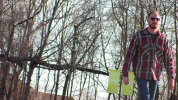
You should look at your system as an investment.
Many here will say that the T5442 / T54IR is the best bang for the buck and I would need to agree with them.
I started with Lorex (they use Dahua cameras). I bought and installed a Lorex analog MPX system. They were 2MP cameras in 2.8mm focal lengths. I then won a Lorex giveaway and was sent a 2K IP camera system with 2 turrets and 4 bullets and ran the two systems in parallel.
I managed to get a usable capture of a neighborhood vandal, but it wasn't all that great. It mainly confirmed the suspect, but wasn't good enough to search someone down.
What ultimately pushed me to using
Blue Iris and Loryta/Empiretech cameras was when my house was struck by lightning; it took out my Lorex systems and I needed to start over. Cameras multiply like rabbits; once you can see part of your property you will want to see all of your property. This is especially true when something happens and you realize there is a hole in your coverage.
A properly spec'd Loryta/Empiretech camera and system may increase your budget a little, but the goal is to have usable footage. I look at my camera system as an investment; let's say the whole thing has cost me $5000. That is a lot of money, but I now have a higher chance of catching the vandals, thieves, stranger dangerers, etc that come around my house and, because of this, have a greater chance of recovering my loss. If I had not made the investment I would likely be out my loss
PLUS adding on the cost of the system for the next time it might happen. We get posts all of the time with people
reacting to a loss
Stolen Lawn Equipment and Tools
I have had a couple friends get interested in putting in a system, but it never goes anywhere once I tell them it's more than just slapping up a couple cameras from Costco. It does take work, but once set up with quality equipment you should be good to go. One of them recently had a tractor stolen and still has not put a proper system in place.
Buy once, cry once, and get experience and knowledge along the way.
I have learned a lot since joining and try to pay it forward when possible. This is a post I put together with images from my journey showing the differences between focal lengths, install heights, changing fields of view, etc.
I am treating this as a living document and will update it with new captures, information, etc from time to time since the journey and knowledge gained never ends. Even though it was originally posted in May of 2023, it is still very much relevant. I have gained a lot of knowledge since I...

ipcamtalk.com
